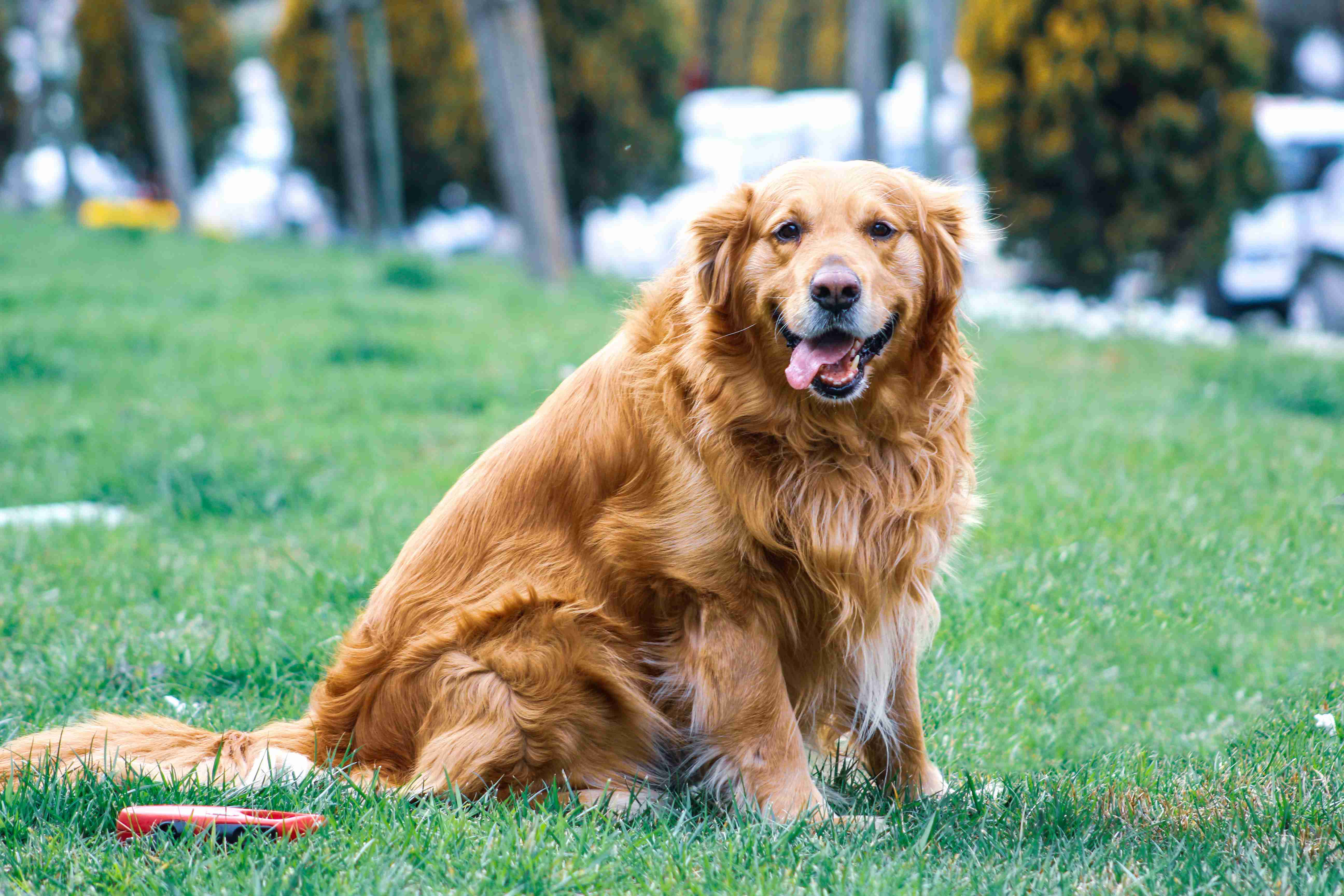When it comes to discussing dog breeds, Pitbulls often find themselves in the center of heated debates. These intelligent, muscular dogs are known for their loyalty and affectionate nature, but they have also been the subject of numerous misconceptions and stereotypes. One such concern is their susceptibility to certain types of cancers. In this blog post, we aim to uncover the truth behind this perception. Are Pitbulls truly at a higher risk for specific types of cancers? Join us as we delve into the research, separate fact from fiction, and shed light on the real risks that Pitbulls may face.
Unveiling the Truth: Do Pitbulls Face a Greater Vulnerability to Specific Types of Cancers?
Pitbulls, often misunderstood and misrepresented, have faced their fair share of controversy over the years. One of the concerns frequently raised is whether these beloved dogs are at a higher risk for certain types of cancers. In this blog post, we will delve into the topic and explore the truth behind whether Pitbulls face a greater vulnerability to specific types of cancers. By examining scientific research and exploring various factors that may contribute to cancer development, we hope to shed light on this important issue and provide an informed perspective for Pitbull owners and enthusiasts.
Understanding Cancer in Dogs:
Before we dive into the specific vulnerability of Pitbulls to certain types of cancers, it is crucial to understand what cancer is and how it affects dogs. Cancer is an abnormal and uncontrolled growth of cells that can infiltrate and damage surrounding tissues and organs. It can manifest in various forms, including tumors, lymphomas, and leukemias. Just like humans, dogs can develop different types of cancer, and certain breeds may have a higher predisposition to specific forms.
Pitbulls and Cancer:
When it comes to Pitbulls and cancer, research has indicated that they may indeed have a slightly higher susceptibility to certain types of cancers compared to other breeds. One study published in the Journal of Veterinary Internal Medicine found that Pitbulls had a higher incidence of mast cell tumors, melanomas, and lymphomas. However, it’s essential to note that this does not imply that all Pitbulls will develop cancer or that they are inherently more prone to it than other breeds.
.png)
Factors Contributing to Cancer Development:
Several factors can contribute to the development of cancer in Pitbulls or any other breed. Genetics, environmental factors, lifestyle, and overall health play significant roles in cancer susceptibility. It is important to remember that cancer is a complex disease, and no single factor can solely determine its occurrence. While Pitbulls may have a slightly higher risk for certain cancers, it is crucial to consider other variables in their environment and lifestyle that could influence cancer development.
Genetic Predisposition:
Genetics can play a role in a dog’s predisposition to developing certain types of cancers. Some breeds are genetically more susceptible to specific forms of cancer due to inherited genetic mutations. In the case of Pitbulls, certain genetic factors might contribute to their increased risk for mast cell tumors, melanomas, and lymphomas. However, it’s important to note that not all Pitbulls will develop these cancers, and individual factors such as genetics, environment, and lifestyle also come into play.
Environmental Factors:
Environmental factors such as exposure to carcinogens, chemicals, and pollutants can increase the risk of cancer in dogs. Pitbulls, like any other breed, can be exposed to these factors through their living conditions, diet, and external surroundings. It is essential for Pitbull owners to ensure a safe and healthy environment for their pets by minimizing exposure to potential carcinogens and providing a balanced diet and regular exercise.
Lifestyle and Health:
The overall lifestyle and health of a Pitbull can also influence their susceptibility to cancer. Dogs that are overweight or obese, have a poor diet, lack exercise, or suffer from chronic health conditions may have a higher risk of developing cancer. Maintaining a healthy weight, providing a balanced diet, regular exercise, and routine veterinary care can all contribute to reducing the risk of cancer in Pitbulls and improving their overall well-being.
While it is true that Pitbulls may have a slightly higher vulnerability to certain types of cancers, it is essential to approach this topic with nuance and consider all contributing factors. Genetics, environmental factors, lifestyle, and overall health all play significant roles in cancer development. Pitbull owners should focus on providing a safe and healthy environment for their pets, maintaining a balanced diet, regular exercise, and routine veterinary care. By doing so, they can help reduce the risk of cancer and ensure their Pitbull’s overall well-being. Remember, every dog, regardless of breed, deserves love, care, and attention to lead a happy and healthy life.
In conclusion, while there is some evidence to suggest that Pitbulls may have a higher risk for certain types of cancers, it is crucial to approach this topic with caution and continue conducting further research. It is important to remember that genetics, environment, and lifestyle factors all play a significant role in cancer development in dogs. As responsible pet owners, the best course of action is to provide our beloved Pitbulls with a balanced diet, regular exercise, routine veterinary care, and a loving and safe environment. By staying informed, proactive, and attentive to our furry friends’ well-being, we can help mitigate their cancer risks and ensure they live long, healthy, and happy lives.


.png)
.png)
%20-%20Copy.jpg)



